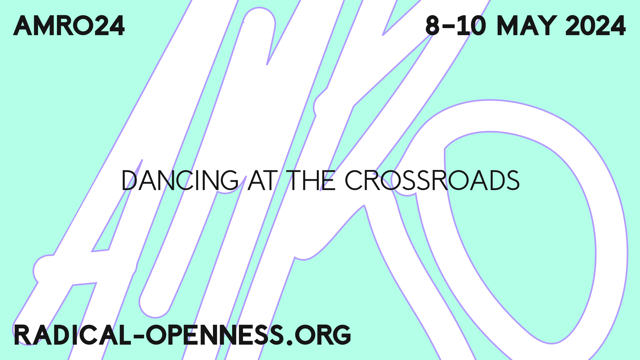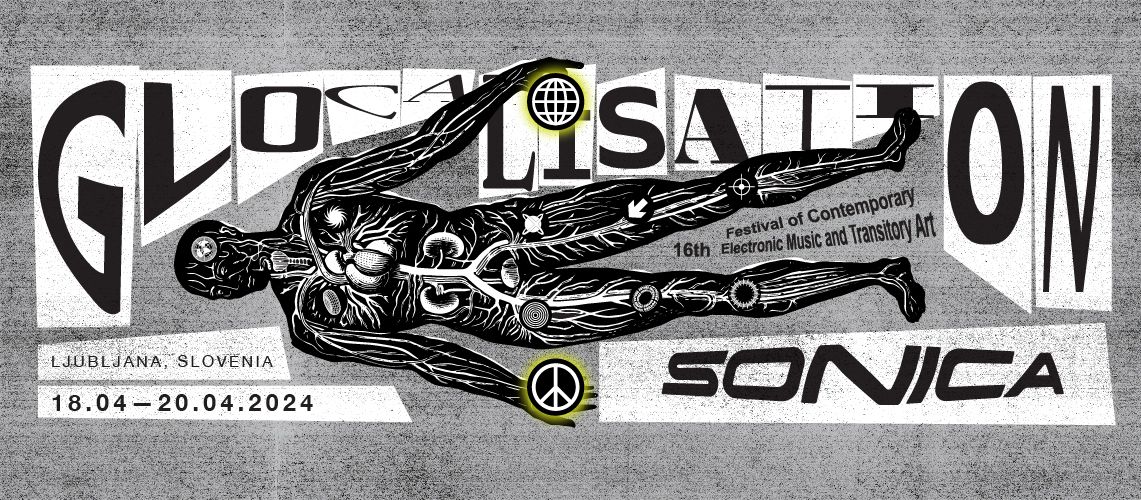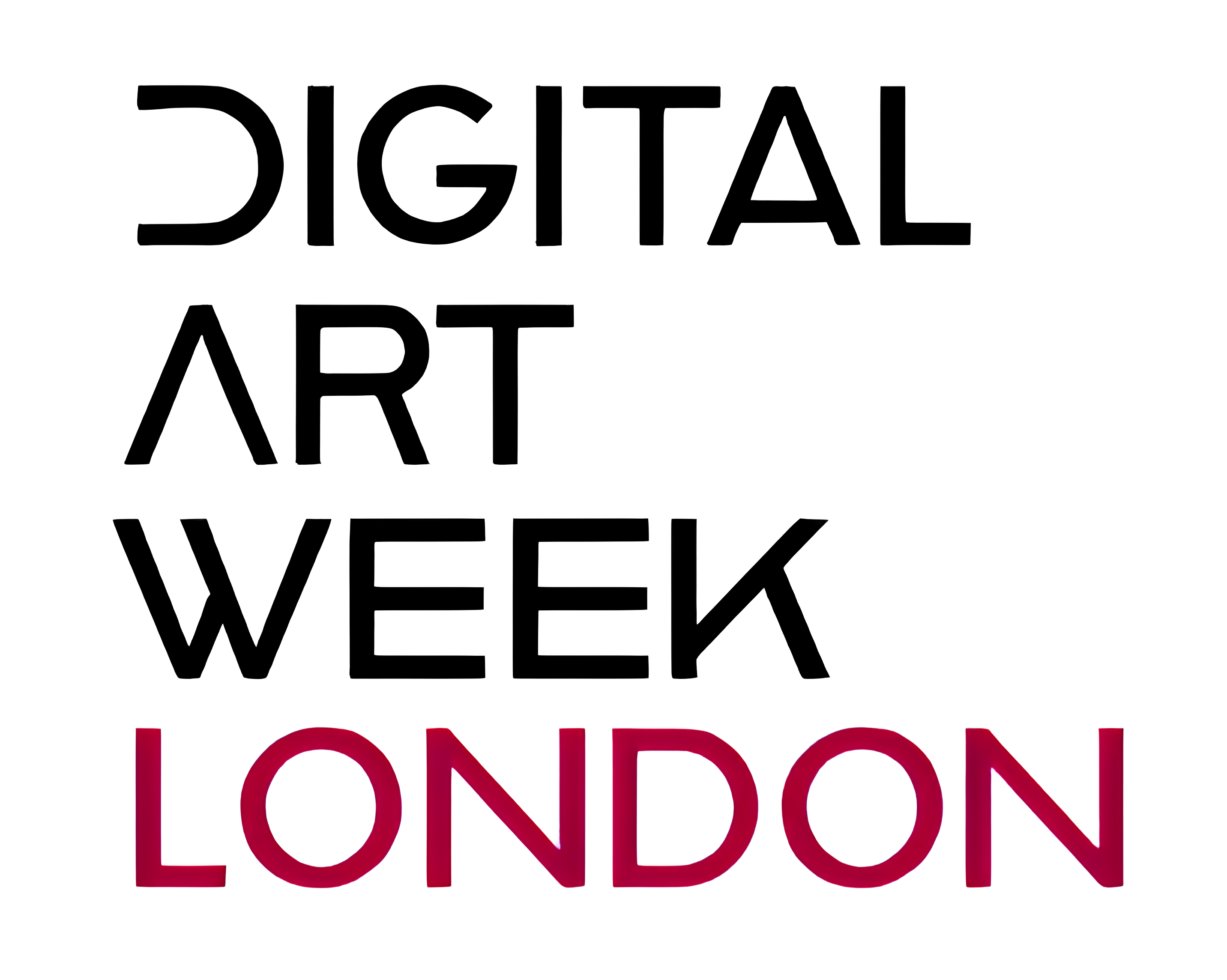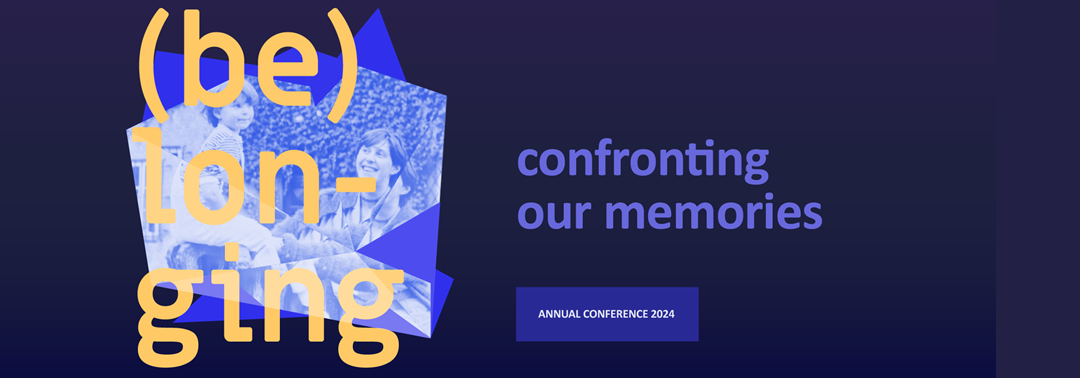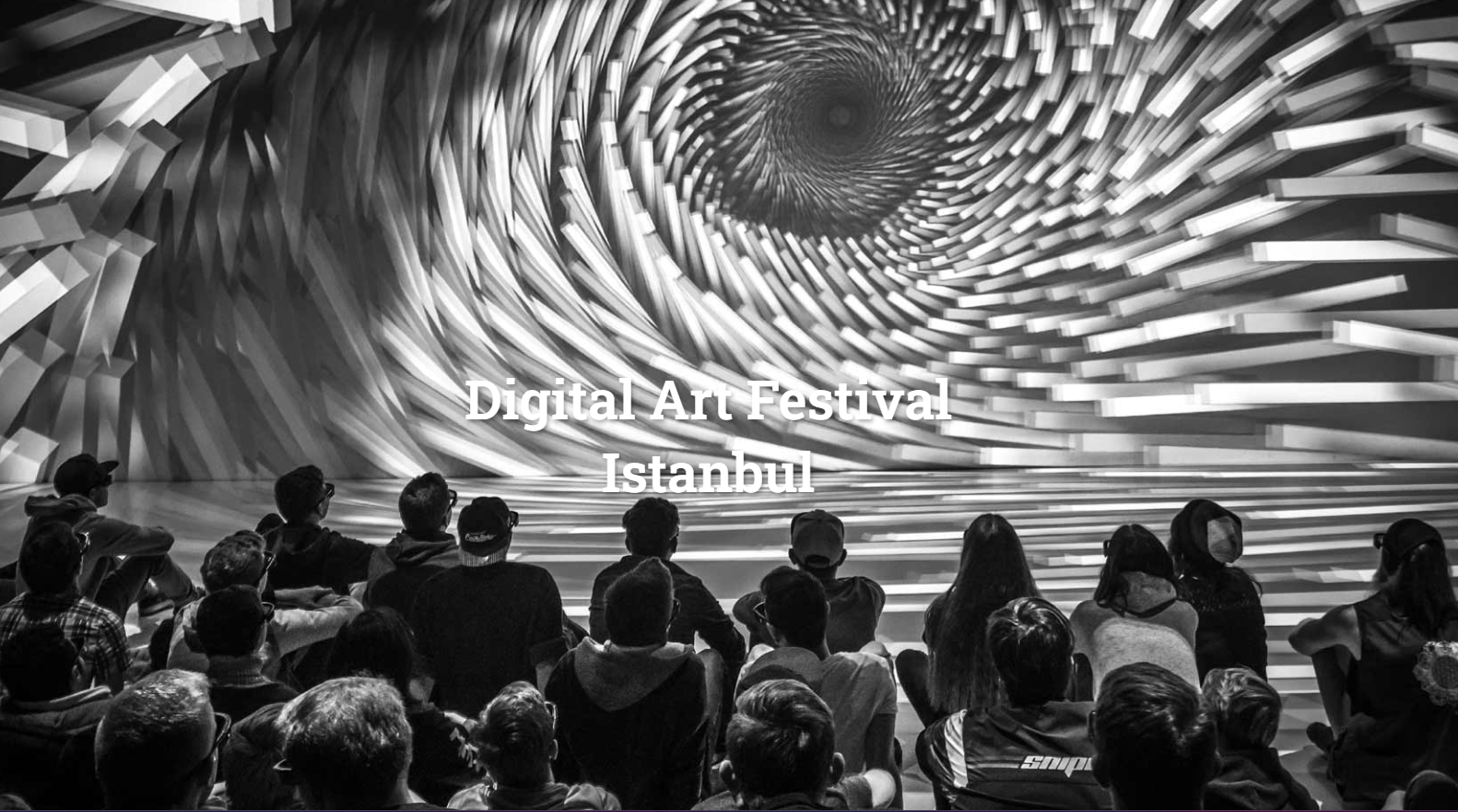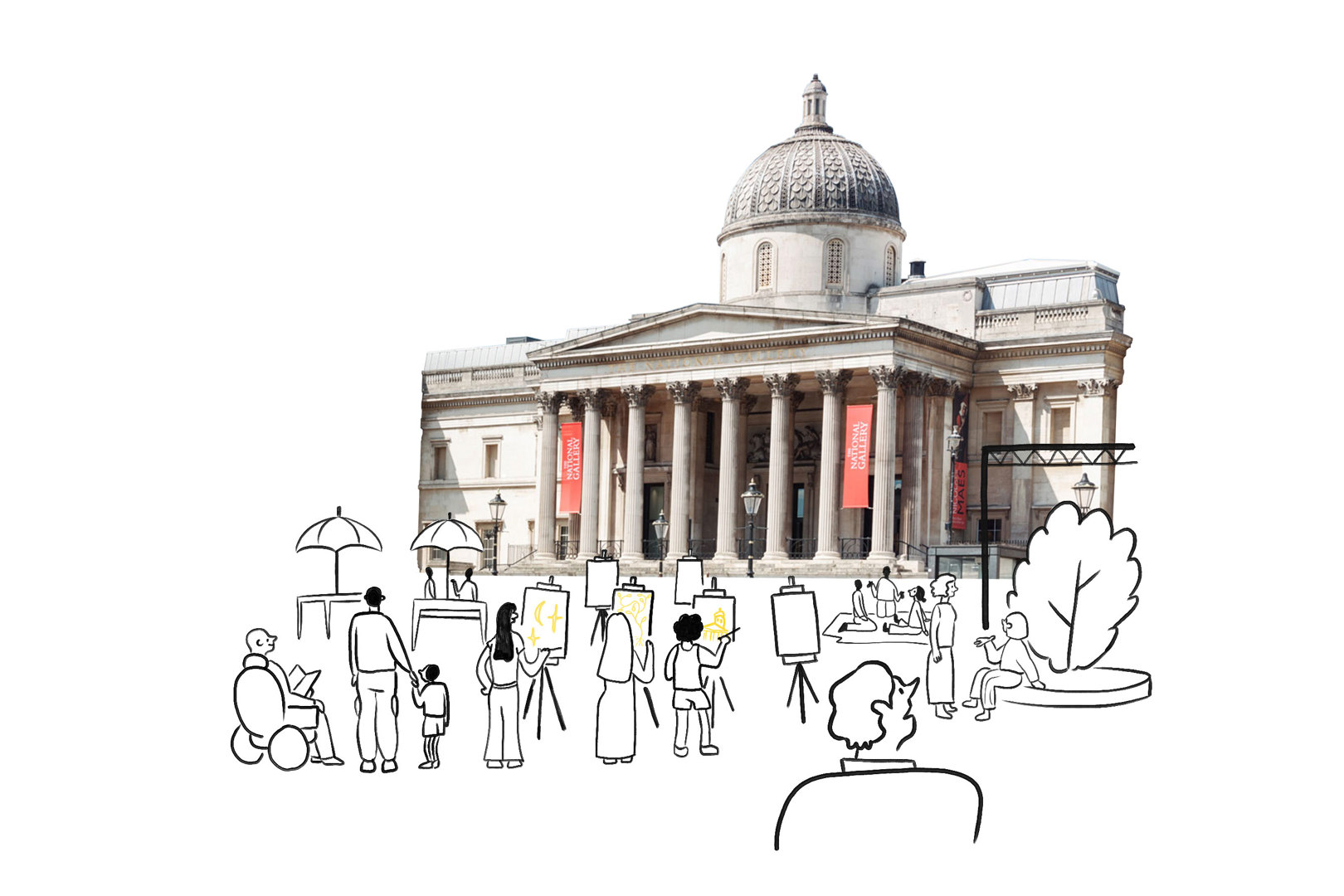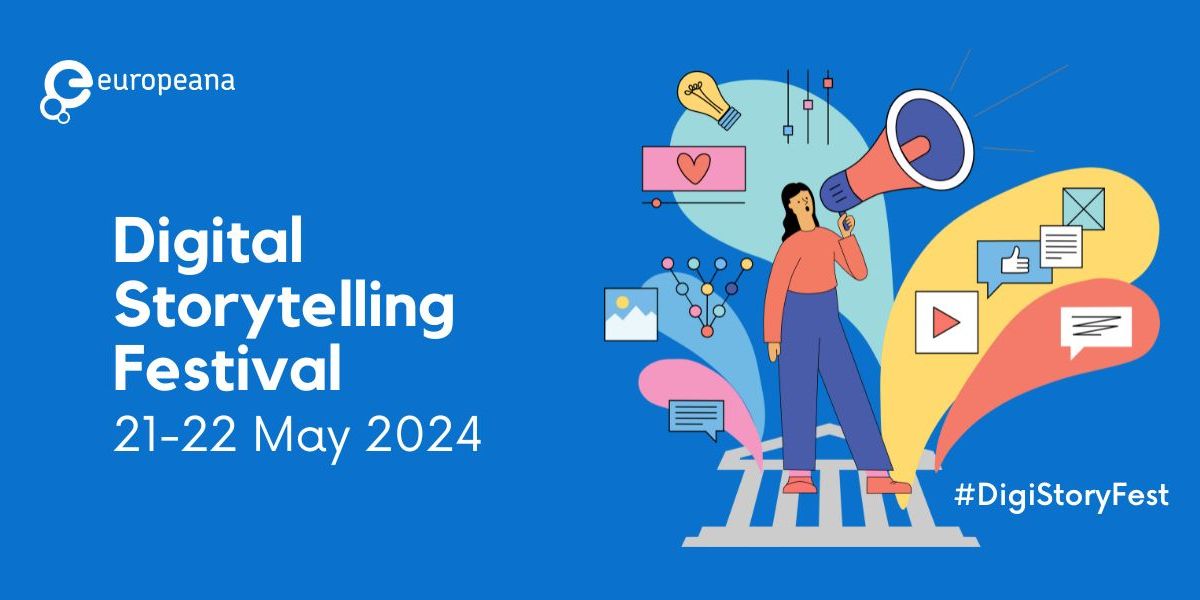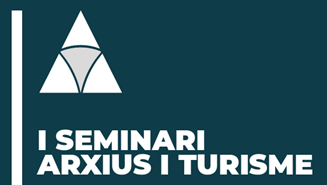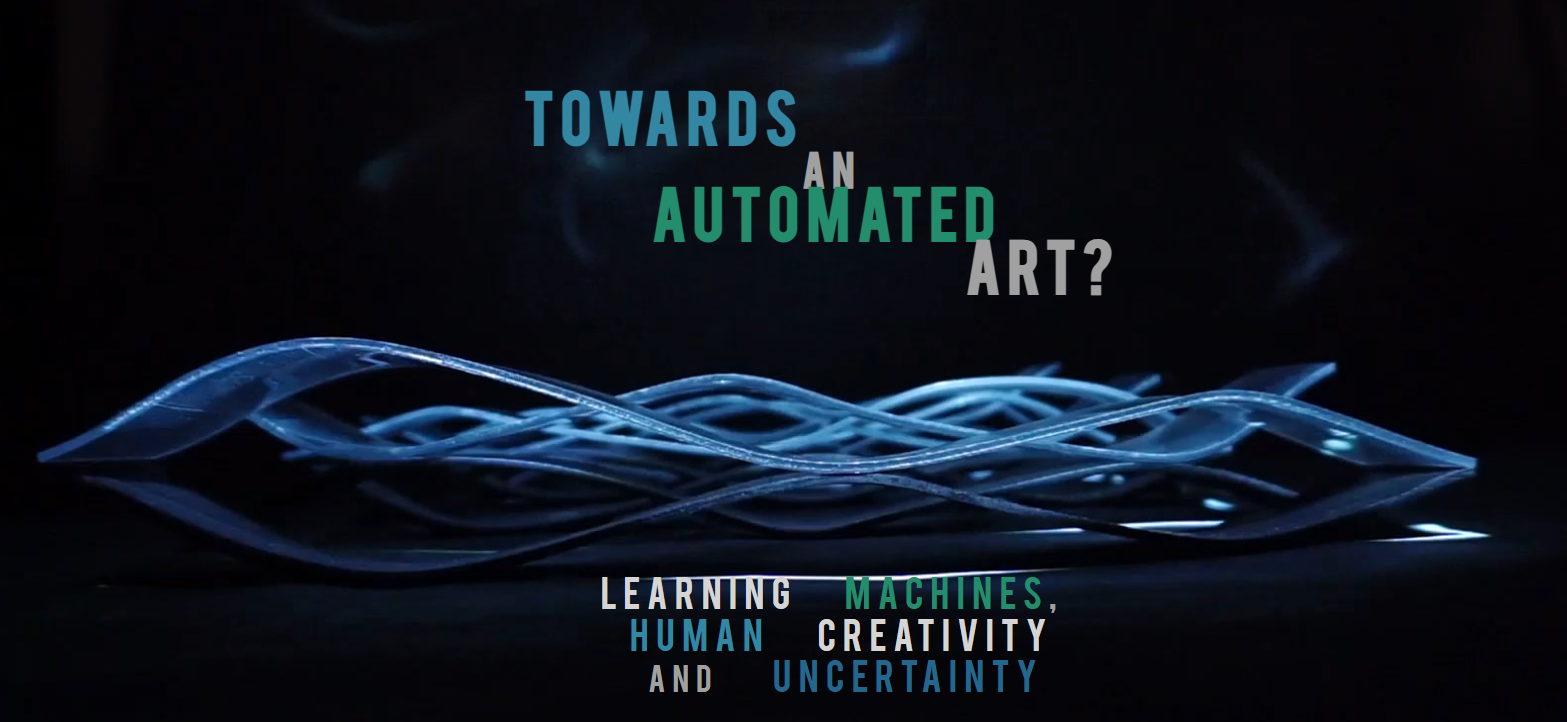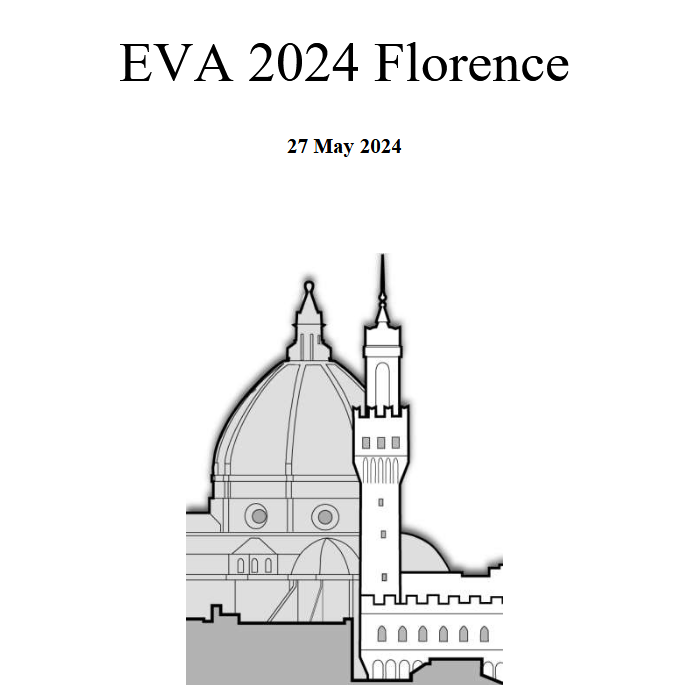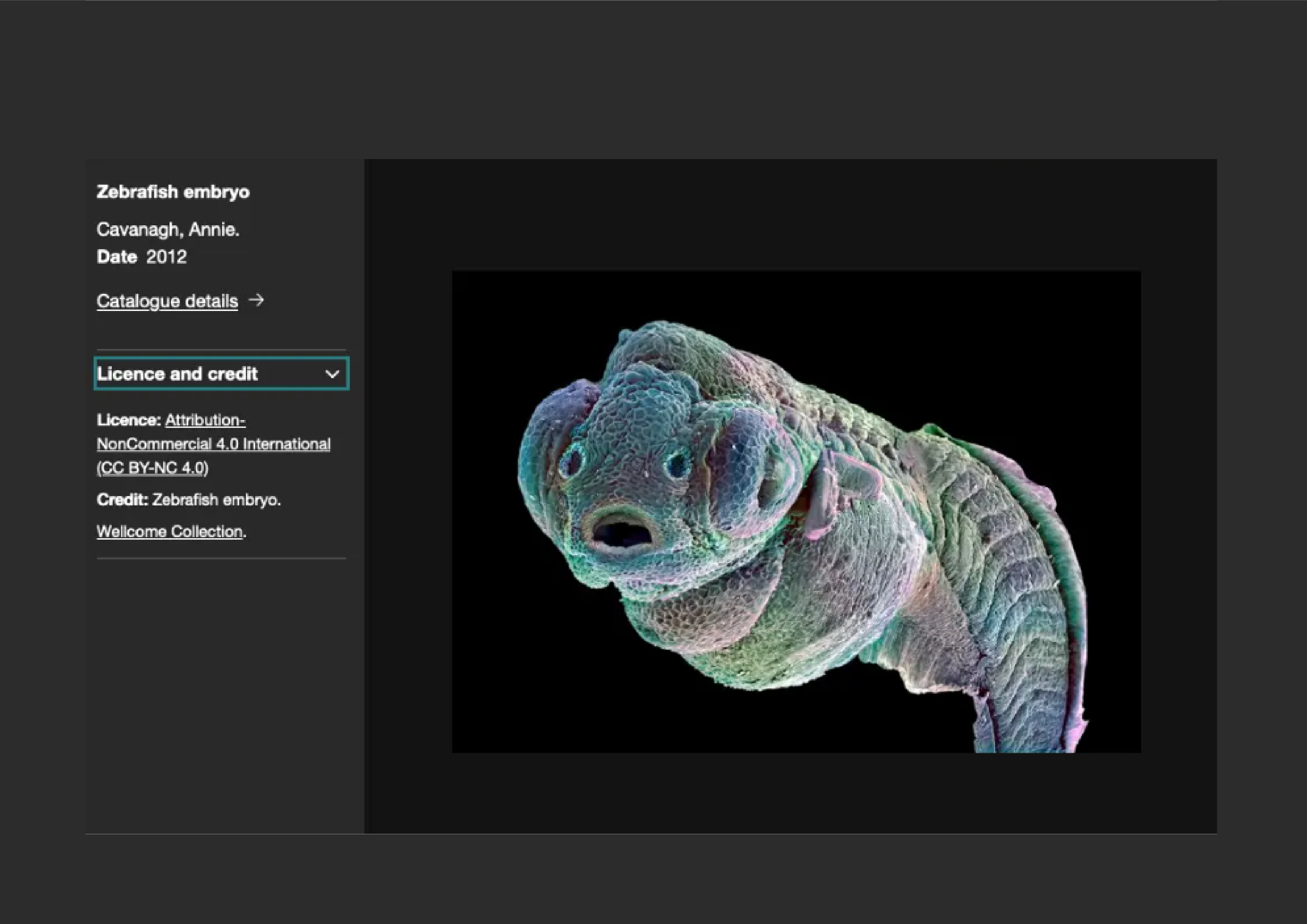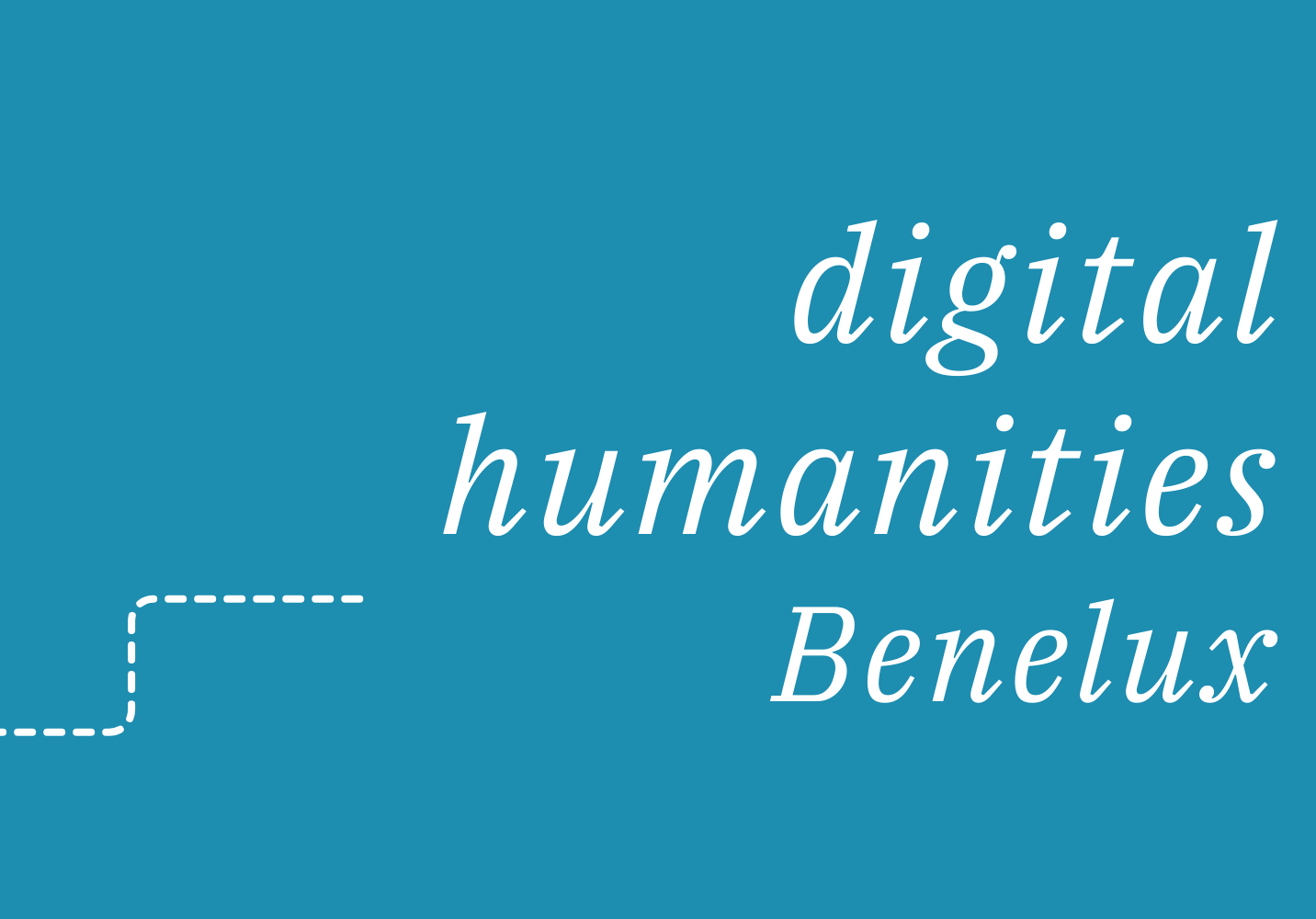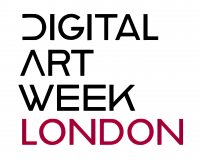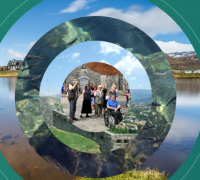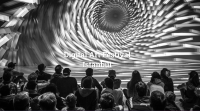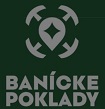The Europeana TV Pilot (interactive television) of Europeana Space has made significant progress on the realization of two scenarios to experiment with, being:
- Local scenario, for the smaller scale media outreach;
- Broadcast scenario for the larger scale media outreach.
Both scenarios are generating prototypes, and the pilot is getting ready for a big Hackathon event in Amsterdam on 8-9-10 May.
Local scenario
The work on the local scenario is in full progress. Two workshops took place between the pilot members in the past months, to work out the details of the scenario, the needed features, the wireframes for the interface, and a design document detailing all user requirements. Particularly useful and outcome-generating was the workshop held in November 2014, where the ReWind app was presented.
Broadcast scenario
Work on the broadcast scenario is also progressing according to plans. In this scenario, workshops were held too: at the first workshop in August the “Chance discovery of rich cultural content” use case was discussed with the partners. A version of the Smart TV app “The Berlin Wall” was created and has been publically available since the 3rd October 2014 on rbb fernsehen, RBB TV channel. The idea was to create and test a model app, to provide certain requirements and to serve as the basis for further work on the broadcast scenario, and use this input for workshops.
Another workshop was planned in February 2015 in Berlin. The plan is to re-create an app similar to “The Berlin Wall” app using tools provided by the partners to curate content from European and create a broadcast standard application for Smart TV (HbbTV).
Learn more about the Europeana TV pilot here!


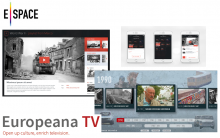
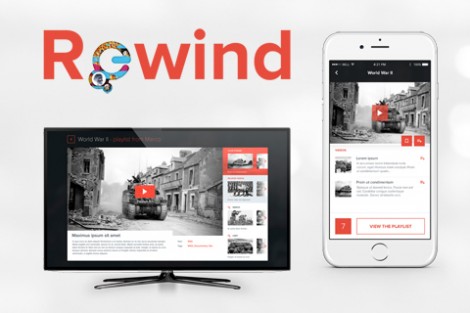
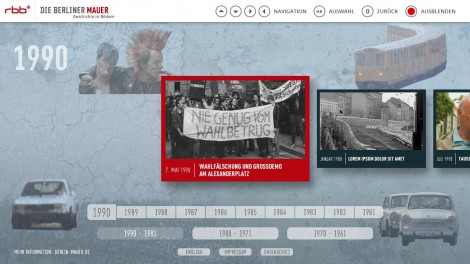
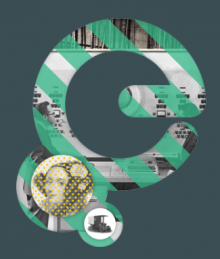
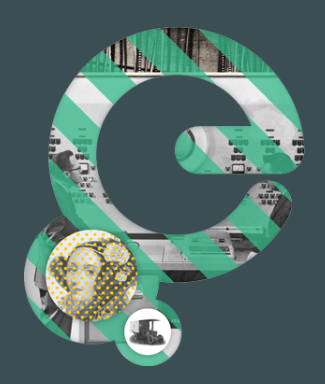 The second international EuropeanaTech conference was held on February 12th and 13th 2015 in Paris, France. Europeana is uniting hundreds of experts from across the EU to share knowledge and jointly shape the future of memory organisations in a networked environment. Specifically on the technology front, Europeana has developed into a point of reference in various areas, including data modelling, innovative reuse of cultural heritage assets, semantic enrichment and –discovery.
The second international EuropeanaTech conference was held on February 12th and 13th 2015 in Paris, France. Europeana is uniting hundreds of experts from across the EU to share knowledge and jointly shape the future of memory organisations in a networked environment. Specifically on the technology front, Europeana has developed into a point of reference in various areas, including data modelling, innovative reuse of cultural heritage assets, semantic enrichment and –discovery.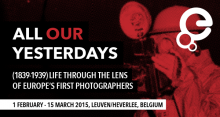
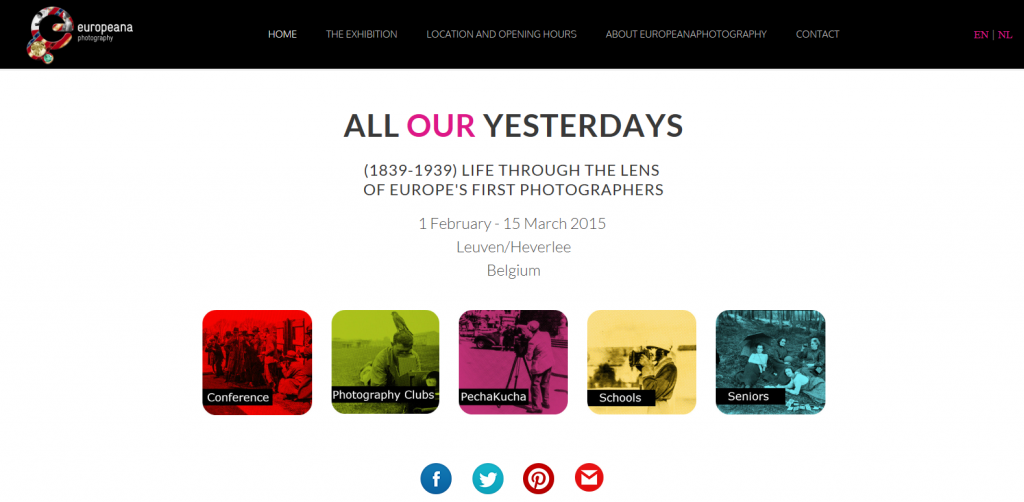
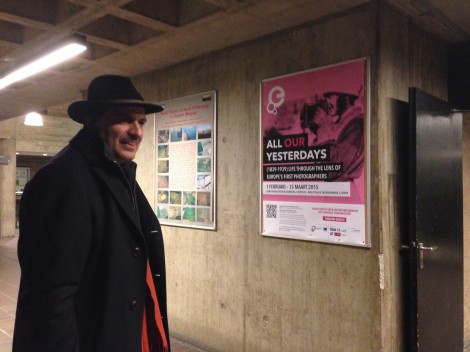
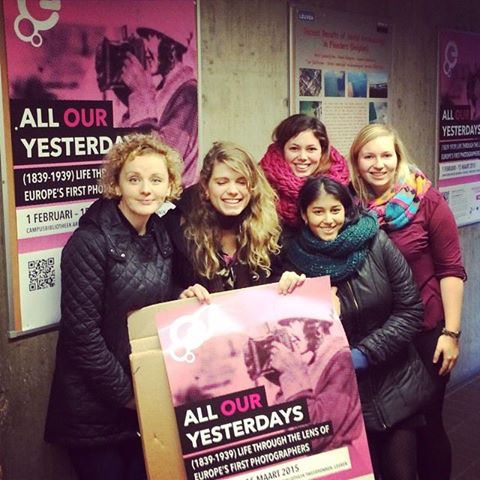
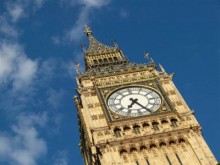
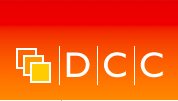 “Ten years back, ten years forward: achievements, lessons and the future for digital curation”
“Ten years back, ten years forward: achievements, lessons and the future for digital curation”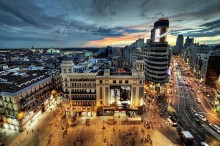
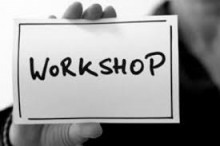
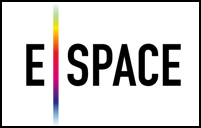 Important appointments organized by Europeana Space project in March 2015!
Important appointments organized by Europeana Space project in March 2015!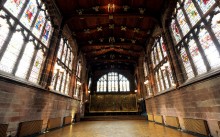 www.europeana-space.eu/ipr-workshop/
www.europeana-space.eu/ipr-workshop/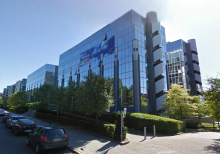
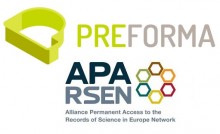
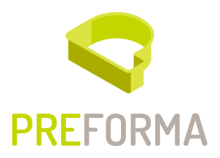
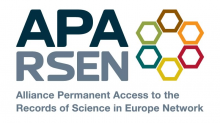
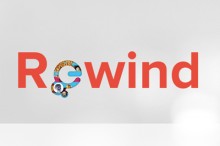
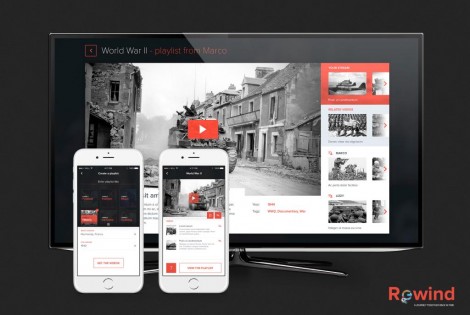








 To celebrate its 20th Edition Museum Expressions, the gift and cultural marking trade show, launched Museum Connections, an innovative conference programme focusing on innovation in Museums which gathered key museum and cultural heritage actors from around the world.
To celebrate its 20th Edition Museum Expressions, the gift and cultural marking trade show, launched Museum Connections, an innovative conference programme focusing on innovation in Museums which gathered key museum and cultural heritage actors from around the world. The event gave to the attendees the opportunity to meet museum professionals, gain new ideas and best practices to be applied in their institution and be inspired by those who build the Museum of the Future. Through various projects, thanks to innovative and connected marketing, they have changed the way to connect Art to the public. Branding social media, crowdfunding, audience development, loyalty programmes, e-shop and a new way of visiting museums…
The event gave to the attendees the opportunity to meet museum professionals, gain new ideas and best practices to be applied in their institution and be inspired by those who build the Museum of the Future. Through various projects, thanks to innovative and connected marketing, they have changed the way to connect Art to the public. Branding social media, crowdfunding, audience development, loyalty programmes, e-shop and a new way of visiting museums…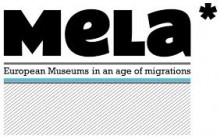

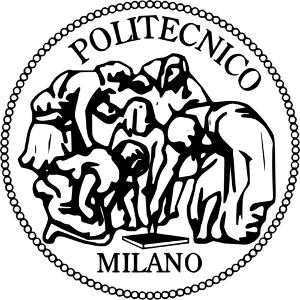 MeLa* European Museums in an age of migrations is a four-year Research Project funded by the European Commission (FP7), which aims to delineate new approaches for museums in relation with the conditions posed by the migrations of people, cultures, ideas, information and knowledge in the global world. It aims moreover to evaluate how much these changes can interfere with the organisation, the communication strategies, the physical structures and the architecture of the exhibition places. Its main objectives are to advance knowledge in the field and to support museum communities, practitioners, experts and policymakers in developing new missions and forms of museums and libraries in “an age of migrations”.
MeLa* European Museums in an age of migrations is a four-year Research Project funded by the European Commission (FP7), which aims to delineate new approaches for museums in relation with the conditions posed by the migrations of people, cultures, ideas, information and knowledge in the global world. It aims moreover to evaluate how much these changes can interfere with the organisation, the communication strategies, the physical structures and the architecture of the exhibition places. Its main objectives are to advance knowledge in the field and to support museum communities, practitioners, experts and policymakers in developing new missions and forms of museums and libraries in “an age of migrations”. If you have interesting news and events to point out in the field of digital cultural heritage, we are waiting for your contribution.
If you have interesting news and events to point out in the field of digital cultural heritage, we are waiting for your contribution.
